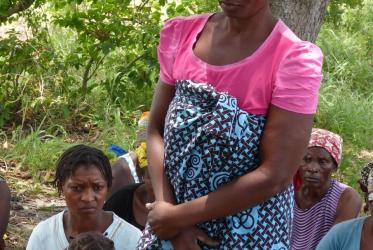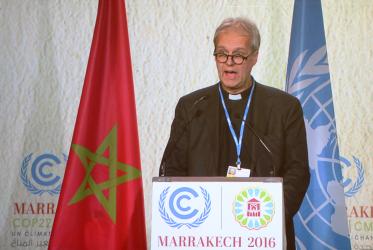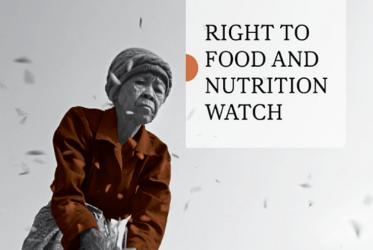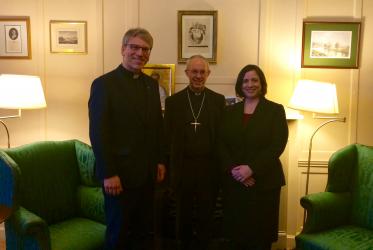Displaying 161 - 180 of 273
17 August 2017
"We have our work cut out for us"
10 August 2017
“Health and healing for all people, that is the challenge”
28 February 2017
WCC Blue Community implements water changes in the Ecumenical Centre
16 February 2017
“When everybody is building walls, the church can build bridges”
30 January 2017
Church in German state is a partner for refugees and society
20 December 2016
Food and land justice focus of Mozambique workshop
19 December 2016
Joining Blue Communities, WCC turns from bottles to taps
26 October 2016
World Social Forum sows seed of hope in global north
17 August 2016
New Executive Committee members elected in Trondheim
28 June 2016
London meetings build on ecumenical momentum from Paris
18 December 2015













